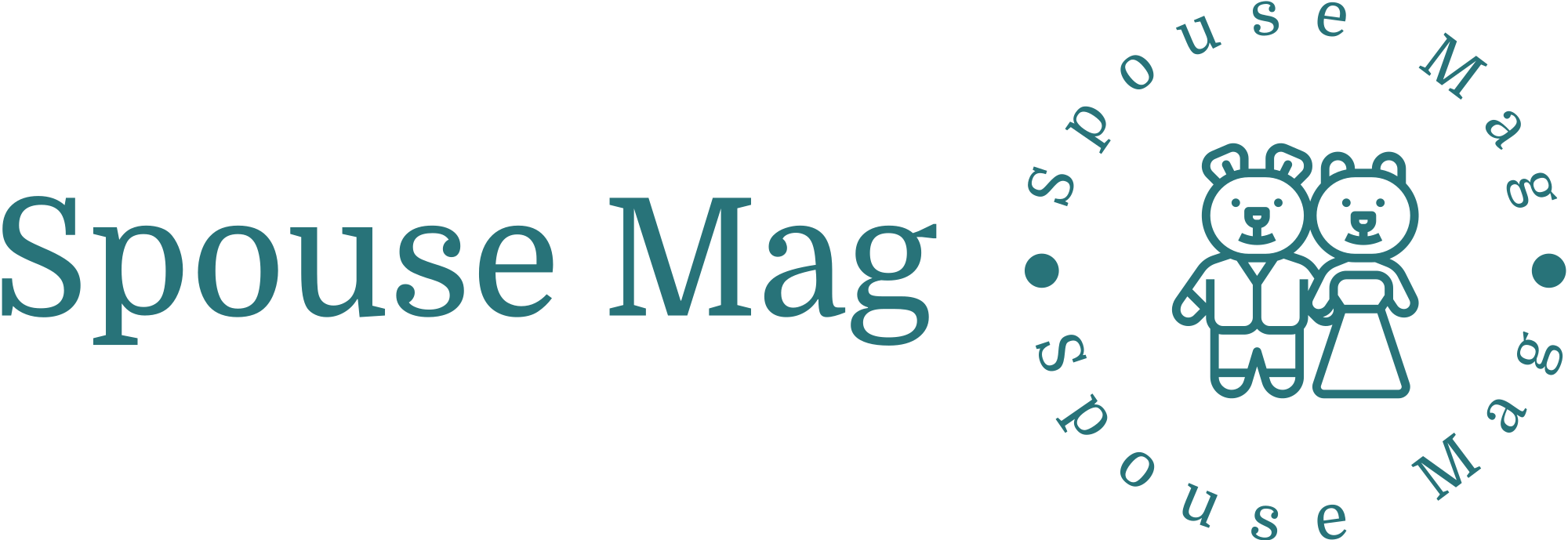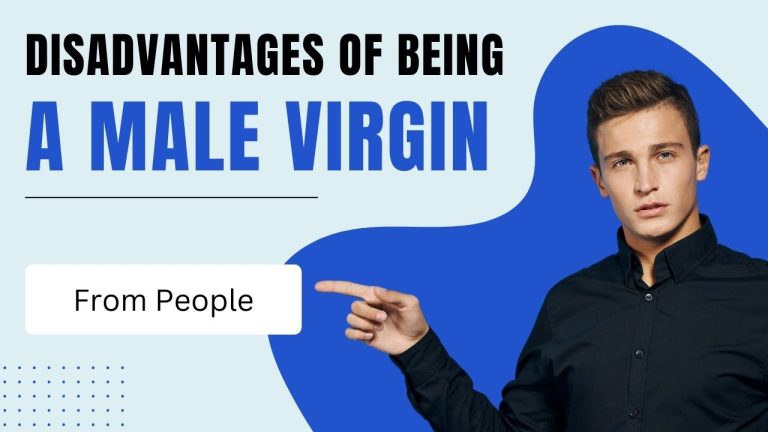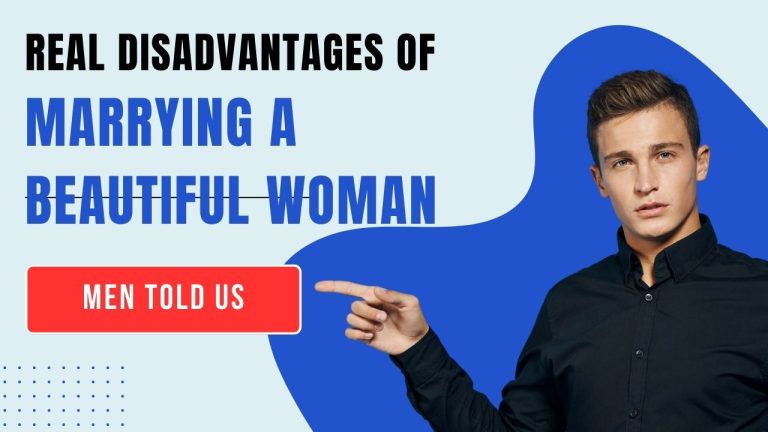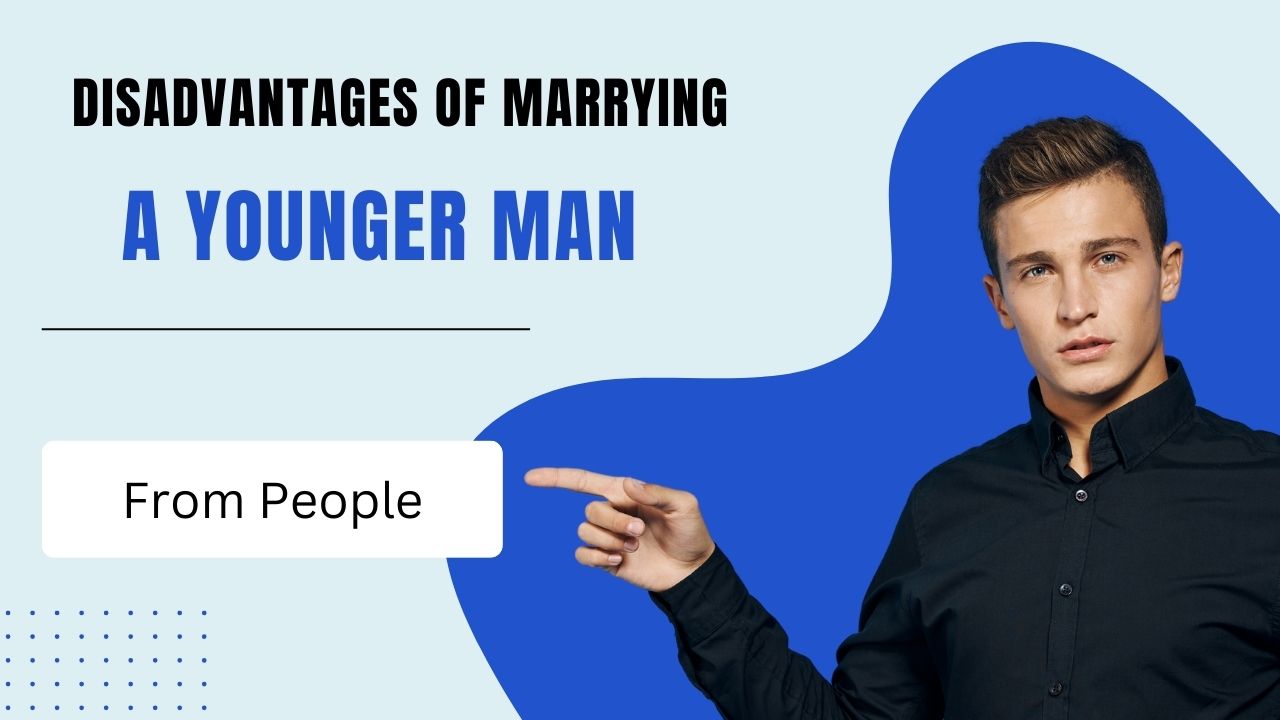
In our quest to understand the dynamics of relationships, we conducted a comprehensive study on the disadvantages of marrying a younger man.
We gathered insights from women who have first-hand experience in such unions.
In summary, our research on the disadvantages of marrying a younger man has unearthed various challenges faced by women in age-disparate relationships.
The insights from real women underscore various issues, including a
- lack of shared experiences,
- maturity gap,
- divergent life stages,
- societal judgments,
- differences in energy levels,
- financial pressures,
- limited relationship experience,
- health and aging concerns,
- impacts on social circles and friendships,
- parenting philosophies,
- perception of power dynamics,
- long-term compatibility challenges,
- career aspirations and stability,
- generational communication gap,
- social acceptance in professional settings,
- and cultural references and backgrounds.
These challenges, expressed by women through their personal experiences, highlight the importance of open communication, understanding, and adaptability in age-disparate relationships.
While every relationship is unique, being aware of these potential hurdles allows couples to navigate them more effectively and work towards building resilient and fulfilling partnerships.
Read More:
- 10 Disadvantages of Marrying a Doctor: Insights from Real People
- 16 Serious Disadvantages Of Marrying a Nurse- You Told Us (With Test Quiz)
- 10 Serious Disadvantages of Marrying a Woman with a Career: Things to Think About
16 Serious Disadvantages Of Marrying A Younger Man
Let’s have a look at some of the disadvantages of marrying a younger man:
1. Lack of Shared Experiences
One recurring theme among our respondents is the challenge of shared experiences. Lucy, a 38-year-old respondent, expressed,
“He didn’t understand my references to ’90s pop culture or the challenges of being a young professional in the early 2000s. It created a disconnect.”
2. Maturity Gap
Another significant drawback highlighted by our participants is the maturity gap. Emma, 42, shared,
“While I was navigating the complexities of my career and handling family responsibilities, he was still figuring out his place in the world. It led to clashes in priorities and perspectives.”
3. Divergent Life Stages
Sarah, a 39-year-old, emphasized the issue of divergent life stages. She noted,
“I was ready to settle down and start a family, but he was more focused on personal goals and individual growth. It created tension and ultimately led to a misalignment in our life plans.”
4. Societal Judgments
The societal judgment associated with a woman marrying a younger man was a recurring concern. Karen, 41, shared her experience, stating,
“People raised eyebrows and made snide comments, which added unnecessary pressure to our relationship. It’s tough when society questions your choices constantly.”
5. Differences in Energy Levels
A consistent concern raised by our respondents is the notable differences in energy levels. Patricia, a 37-year-old participant, stated,
“I found myself wanting to go out and explore, while he preferred staying in. It created a dynamic where one person felt constantly energized, and the other, exhausted.”
6. Financial Pressures
Financial stability is a crucial aspect of any relationship, and it becomes even more pronounced when there’s a significant age gap. Rachel, 40, shared,
“I was established in my career, and he was still climbing the professional ladder. Balancing financial responsibilities became a source of strain on our relationship.”
7. Limited Relationship Experience
Several participants pointed out that marrying a younger man often means dealing with a partner who has limited relationship experience. Jenna, 36, expressed,
“He hadn’t been through the ups and downs of long-term relationships before, and navigating challenges together required a level of emotional maturity that took time to develop.”
8. Health and Aging Concerns
As couples age, health becomes a more prominent consideration. Diane, 43, brought attention to this issue, stating,
“While I was mindful of health screenings and taking preventive measures, he still had a more carefree attitude. It created anxiety about the future and how our health journeys differ.”
9. Social Circles and Friendships
One often overlooked aspect of marrying a younger man is the impact on social circles and friendships. Lisa, 39, mentioned,
“Our friends were in different life stages, and it created challenges in finding common ground during social gatherings. It sometimes felt like I was caught between two worlds.”
10. Parenting Philosophies
For those considering starting a family, differences in parenting philosophies emerged as a significant concern. Megan, 41, shared,
“When it came to parenting decisions, we had varying approaches rooted in our generational differences. It required extensive communication to find a middle ground.”
11. Perception of Power Dynamics
Several participants touched upon the issue of perceived power dynamics in age-disparate relationships. Susan, 38, expressed,
“Externally, people assumed he held less power in the relationship due to his age, and this created internal tension as we worked to establish an equal partnership.”
12. Long-Term Compatibility Challenges
Looking ahead, long-term compatibility challenges were highlighted by Michelle, 42. She stated,
“While the age gap was exciting initially, it raised questions about our compatibility in the long run. Our interests and priorities evolved differently, leading to doubts about sustaining the relationship.”
13. Career Aspirations and Stability
A recurrent theme in our study was the impact of age disparity on career aspirations and stability. Helen, 40, noted,
“I was settled in my career, but he was still exploring opportunities. Balancing our professional lives became a constant negotiation, and it sometimes hindered personal growth.”
14. Generational Communication Gap
Communication styles evolve with generations, and our participants highlighted the presence of a generational communication gap. Amanda, 37, shared,
“We often misunderstood each other’s communication cues. The way we expressed ourselves and resolved conflicts was rooted in our generational upbringings, leading to occasional friction.”
15. Social Acceptance in Professional Settings
In the professional realm, social acceptance becomes a nuanced challenge. Rachel, 43, explained,
“Attending work-related events or engaging with colleagues sometimes brought forth skepticism or raised eyebrows. It added a layer of stress to our professional lives that I hadn’t anticipated.”
16. Cultural References and Backgrounds
Cultural references and backgrounds play a pivotal role in relationships. Emily, 38, expressed,
“Our cultural differences became more apparent over time. Celebrating traditions and understanding each other’s backgrounds required intentional effort, and sometimes, it felt like we were from different worlds.”
FAQs
Q1: What are the main challenges highlighted in the research on marrying a younger man?
The research identified several challenges, including a lack of shared experiences, maturity gap, divergent life stages, societal judgments, differences in energy levels, financial pressures, limited relationship experience, health, and aging concerns, impacts on social circles and friendships, parenting philosophies, perception of power dynamics, long-term compatibility challenges, career aspirations and stability, generational communication gap, social acceptance in professional settings, and cultural references and backgrounds.
Q2: How do these challenges impact age-disparate relationships?
These challenges lead to misalignment in priorities, communication issues, societal scrutiny, financial strain, and difficulties in navigating shared responsibilities. Additionally, they contribute to a sense of disconnect, power imbalances, and concerns about long-term compatibility.
Q3: Are there any positive aspects mentioned in the research about marrying a younger man?
The research primarily focused on the disadvantages, but it’s essential to note that every relationship is unique. While challenges were highlighted, individual couples find ways to overcome these hurdles and build strong, fulfilling connections.
Q4: How can couples address these challenges in age-disparate relationships?
Open communication, understanding, and adaptability are crucial. Couples should discuss expectations, values, and long-term goals. Seeking professional advice or counseling is also beneficial. Recognizing and addressing challenges proactively can contribute to the success of age-disparate relationships.
Q5: Does age disparity impact professional and social aspects of a couple’s life?
Yes, age disparity influences professional dynamics, leading to social acceptance challenges in work-related settings. Additionally, it affects social interactions with friends and family, requiring couples to navigate differing cultural references and backgrounds.
Q6: Is there a conclusion or takeaway from the research?
The research serves as a comprehensive guide, offering practical insights for those considering or navigating age-disparate marriages. Acknowledging potential challenges upfront and actively addressing them contribute to building resilient, fulfilling, and enduring partnerships.
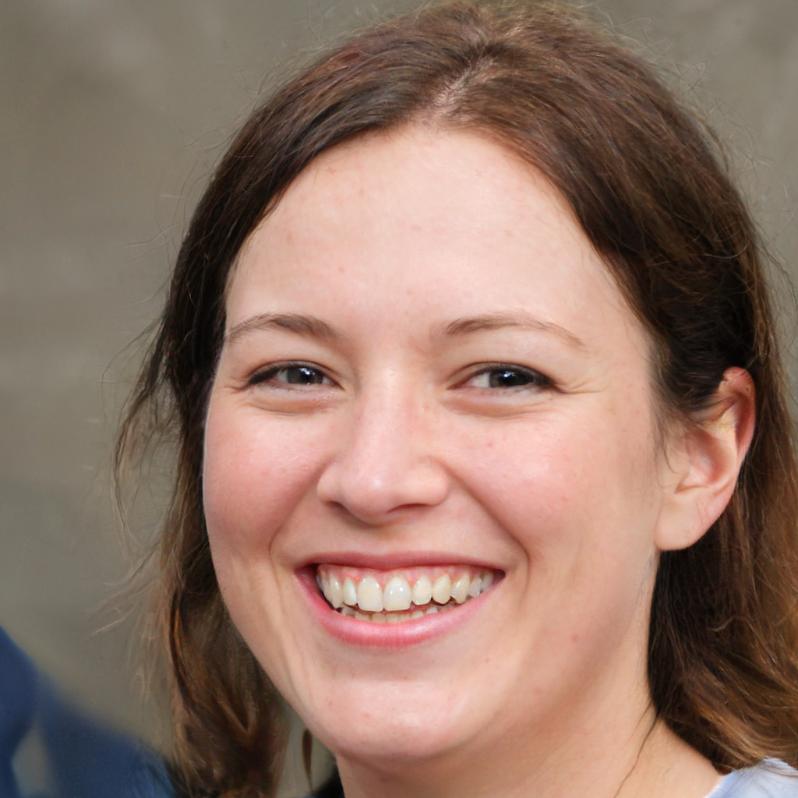
As a married wife, founder, and editor of SpouseMag.com – these guides are based on my own personal experiences, observations, research and insights. I am transparent about being inspired by the life and work of the two greatest experts in the relationship space – Dr. John and Julia Gottman, and Harville and Helen. They two are some of the strongest couples, researchers, authors, and counselors when it comes to marriage and relationships. My advice and guides are based on my insights and research, and they are not an alternative to professional advice.
